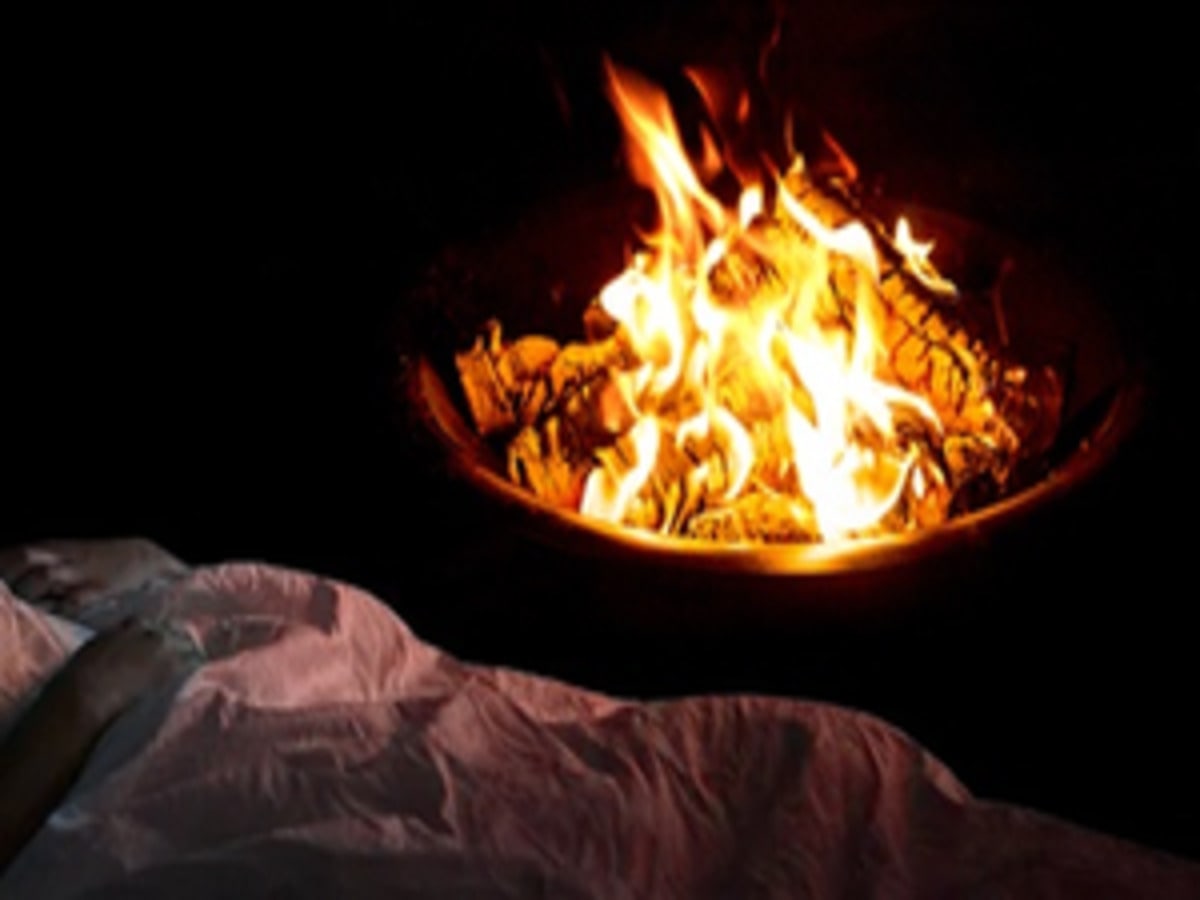
New Delhi: The bitter winter cold in Delhi has taken a grim toll on its residents as 15 lives have been lost in January alone, with victims succumbing to smoke inhalation from ‘angithi’ (traditional braziers) commonly used to combat the chilly temperatures.
As temperatures continue to plummet, many Delhiites turn to traditional methods to stay warm, including the use of braziers. These metal containers filled with burning coal or wood are a common sight on the streets and in households, providing a source of heat. However, the recent fatalities highlight the inherent risks associated with such practices.
According to Atul Garg, the Director of Delhi Fire Service (DFS), the total casualties due to traditional braziers exceed 20 if figures are included from nearby regions of Delhi-NCR.
Expressing concern, Garg remarked on the unfortunate nature of these casualties, emphasising that they can easily be prevented by taking a few precautions. He said that the lack of awareness about the adverse effects of burning a brazier in enclosed spaces is a primary cause of these deaths.
Garg said that when an ‘Angithi’ is used in an airtight room, it consumes oxygen, leading to breathlessness. Simultaneously, elevated levels of carbon dioxide and poisonous carbon monoxide pose fatal risks to the occupants.
“Whatever you ignite inside a closed room, be it a heater, angithi, or coil — they all consume oxygen. Whenever you intend to heat your room with these devices, ensure to keep a window or door slightly open for cross ventilation,” said Garg
The DFS chief recommended placing a bucket or large pan of water near the ‘Angithi’ to maintain moisture and oxygen levels in the room.
“Besides these precautions, people should keep heaters at a distance because sometimes, when people fall asleep, their blankets or quilts inadvertently fall on the heater, becoming a potential cause of fire incidents,” said Garg.
On January 28, a 23-year-year-old woman and her two-year-old son died while three of the other family members are undergoing treatment due to suffocation caused by an ‘angithi’ in their house in south Delhi.
On January 14, a husband-wife and their two children, aged eight and seven-year-old, died due to suffocation caused by an ‘angithi’ in the house in outernorth Delhi,
Two Nepalese nationals in mid January died due to suffocation caused by an ‘angithi’ in the servant quarter at a house in west Delhi.



